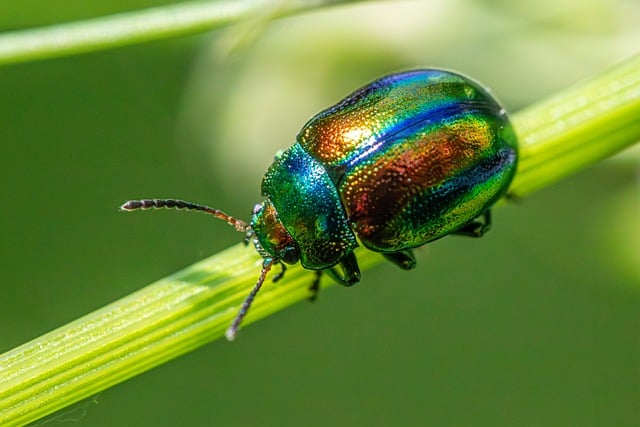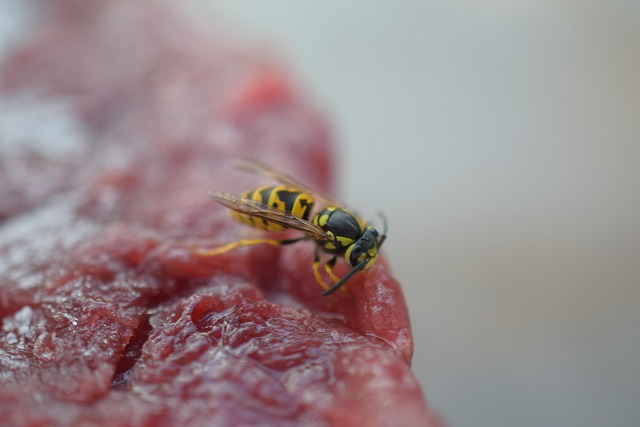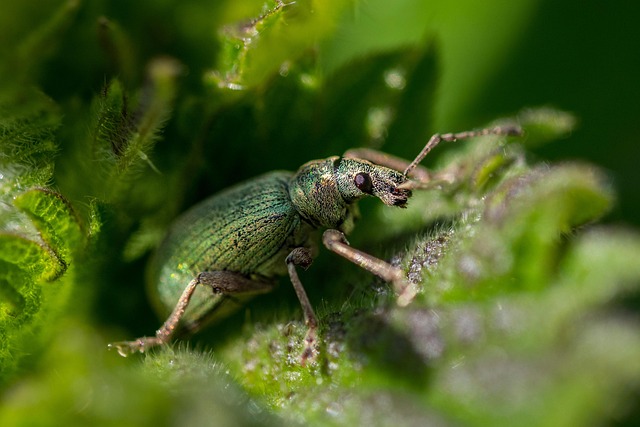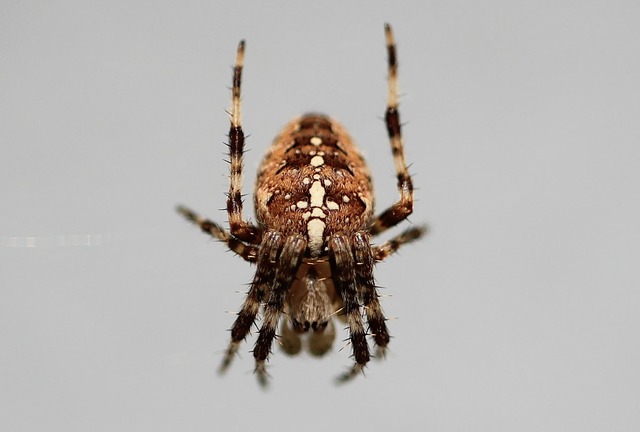Castle Rock homeowners facing attic infestations should recognize signs like noises, odors, and visible pests. Sustainable pest management for vegetable gardens involves identifying causes, adopting eco-friendly methods (beneficial insects, companion planting), practicing good hygiene, encouraging wildlife, and crop rotation. Long-term prevention includes sealing entry points, cleanliness, beneficial insects, herb planting, non-toxic baits, and traps tailored to specific pests.
“Discover effective solutions for tackling attic infestations, a common yet unsettling issue faced by homeowners in Castle Rock. This guide explores sustainable pest control methods tailored for vegetable garden enthusiasts. Learn to recognize signs of an infestation and understand the underlying causes, enabling proactive prevention. From eco-friendly cleaning techniques to long-term strategies, we empower you to take charge. Implement these practices to safeguard your attic and vegetable gardens from unwanted guests, ensuring a peaceful and pest-free environment.”
- Understanding Attic Infestations: Signs and Causes
- Sustainable Strategies for Effective Pest Control
- Cleaning and Preventing Future Attic Infestations
Understanding Attic Infestations: Signs and Causes

Attic infestations are a common yet unsettling issue, especially for homeowners in Castle Rock considering sustainable pest management for their vegetable gardens. Understanding the signs and causes is the first step in addressing this problem effectively. Look out for unusual noises, such as scurrying or clicking sounds, which could indicate the presence of rodents like mice or squirrels.
Other telltale signs include visible evidence of pests, like droppings or chewed materials, as well as musty odors and noticeable holes or entry points around windowsills, doors, or ventilation shafts. The causes range from simple curiosity to more complex issues like structural damage, poor insulation, or even forgotten food sources. Identifying these causes is crucial for implementing appropriate sustainable pest management strategies tailored to your Castle Rock vegetable garden.
Sustainable Strategies for Effective Pest Control

In the quest for sustainable pest management, particularly for vegetable gardens in Castle Rock, homeowners and gardeners can employ several eco-friendly strategies. Organic pest control methods offer a gentle yet effective approach to manage garden pests, minimizing the use of synthetic chemicals. This includes utilizing beneficial insects such as ladybugs and lacewings that prey on common garden pests like aphids and caterpillars. Companion planting is another powerful tool; certain plants naturally repel pests due to their scent or taste, creating a natural barrier around your vegetables.
Moreover, maintaining excellent garden hygiene practices significantly contributes to sustainable pest control. Regularly removing dead plant material, weeding, and cleaning garden tools can disrupt the lifecycle of pests and prevent their proliferation. Encouraging beneficial wildlife like birds and bats in your garden also provides natural predation of insects. For specific vegetable gardens, crop rotation is essential; changing the location of crops each season disrupts pest build-up, ensuring healthier plants and higher yields.
Cleaning and Preventing Future Attic Infestations

After successfully cleaning your attic infestation, it’s crucial to implement sustainable pest management strategies to prevent future occurrences. In the case of Castle Rock residents with vegetable gardens, focusing on organic and eco-friendly methods is essential for maintaining a healthy environment. One effective approach is to identify and address entry points where pests might invade, such as gaps in walls or windowsills, by sealing them with appropriate materials. Regular maintenance includes thorough cleaning and sanitizing of the attic and garden areas, eliminating any food sources that might attract pests.
Additionally, sustainable pest management involves introducing beneficial insects like ladybugs and lacewings that feed on common garden pests. Planting herbs known for their pest-repellent properties, such as lavender and mint, can also deter invaders naturally. Property owners should also consider using non-toxic baits and traps specifically designed for targeted pests. By combining these methods, Castle Rock residents can effectively manage vegetable garden infestations while promoting sustainable pest control practices that are safe for both the environment and their families.
In addressing attic infestations, a comprehensive approach combining understanding, prevention, and sustainable strategies is key. By recognizing signs early and adopting eco-friendly methods like those suitable for sustainable pest management in Castle Rock’s vegetable gardens, homeowners can effectively rid their attics of pests while preserving a healthy environment. Regular cleaning and maintenance play a vital role in preventing future infestations, ensuring a peaceful and pest-free sanctuary above your head.
